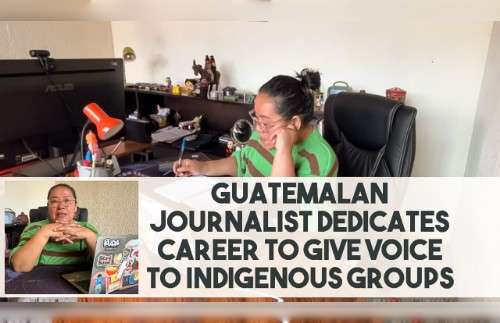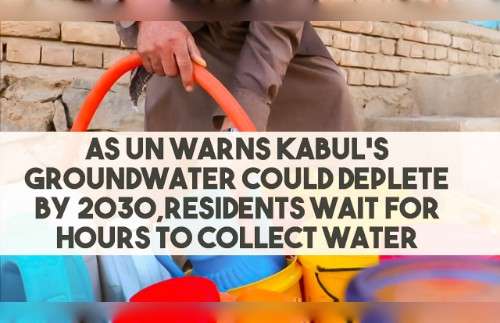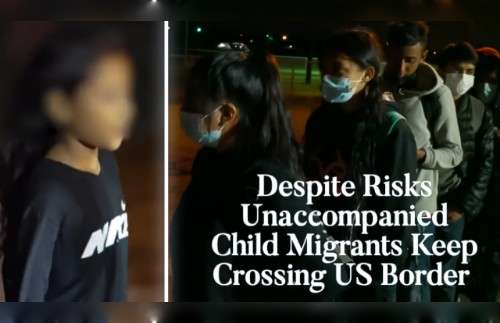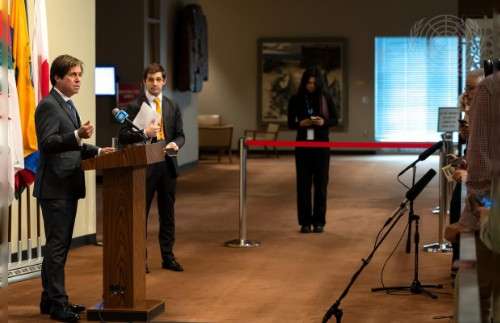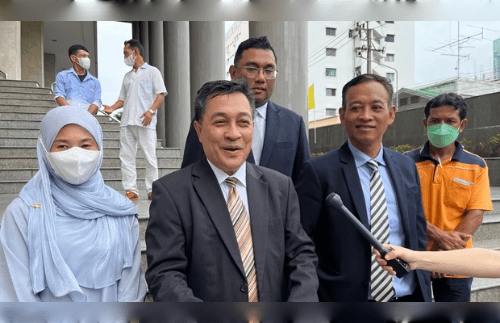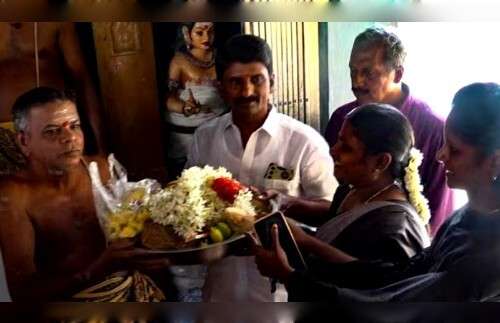Sharif Khiam and Abdur Rahman
Dhaka and Cox’s Bazar, Bangladesh

Rohingya rights groups in Bangladesh published an open letter to Myanmar election officials on Thursday urging them to allow all Myanmar nationals, including Rohingya refugees, to vote in and contest that country’s general election Nov. 8, community leaders told BenarNews,
Their letter came after Myanmar’s Union Election Commission had lately rejected at least five Rohingya men from competing in the upcoming polls. The commission disqualified four of them, saying their parents weren’t Myanmar citizens when the candidates were born.
“In recent weeks, the Union Election Commission rejected several Rohingya candidates for office in Myanmar,” said the letter from 14 rights groups. “We call upon the Election Commission to reverse these decisions and uphold the right of Rohingya to participate in the elections. As citizens of Myanmar, we hold the right to vote.”
In July, the commission announced that Myanmar nationals living abroad could vote in this year’s national election by casting early ballots. The government similarly provided absentee voting in the 2010 and 2015 elections.
The rights groups who wrote to the election commission represent many of the more than 740,000 Rohingya who fled to neighboring Bangladesh after the Myanmar military launched a brutal crackdown on Rohingya communities in northern Rakhine state three years ago, in the wake of attacks carried out by insurgents on police and army posts there.
Southeast Asia-based rights group Fortify Rights also issued a statement Thursday supporting the 14 Rohingya groups’ letter, urging that members of the stateless minority group be allowed to vote in the upcoming elections.
“Rohingya globally should have the right to vote and participate in their home country’s political life,” said Ismail Wolff, Regional Director of the group, in a statement. “The international community should reignite their moral imagination and call for refugees’ right to vote – it is possible.”
The Muslim Rohingya have centuries of history in Myanmar, a former British colony that became independent in 1948. But they are considered illegal immigrants from neighboring Bangladesh and denied citizenship and voting rights, prevented from obtaining jobs and formal education, and restricted from traveling freely.
In 1982, Myanmar passed a Citizenship Law which stated that only members of the “national races” who settled in Myanmar before British colonial rule began in 1824 were entitled to citizenship. The Rohingya were excluded from the 135 officially recognized ethnic groups, which then left them without full citizenship and therefore without the right to vote.
“The [Myanmar] government should amend the 1982 Citizenship Law to bring it in line with international laws and standards and ensure equal access to full citizenship rights, regardless of ethnic identity, race, or religion,” Fortify Rights said on Thursday.
The group also said that Myanmar should do away with its requirement of multiple forms of identification for Rohingya. National Verification Cards, National Registration Cards and White Cards are three key identity documents among a plethora of government-issued and U.N.-issued IDs for the Rohingya.
“The law should provide for a single status of full citizenship as opposed to three and cease basing access to citizenship on ethnic categories,” according to Fortify Rights.
In their letter, the Rohingya rights groups said they were citizens of Myanmar and therefore had a right to vote.
“We are Myanmar nationals. Before the elections, the Myanmar government should restore our citizenship rights and uphold our rights to vote and participate in the general election,” the rights groups said in their letter Thursday.
Myanmar: ‘They must be citizens’
In Myanmar, election commission spokesperson U Myint Naing did not respond to a BenarNews email seeking comment on the prospect of Rohingya refugees voting in the upcoming election.
In an interview last month with Radio Free Asia (RFA), a sister agency of BenarNews, commission chairman U Hla Thein set out two requirements to be allowed to vote.
“We do not look into who they are and what religious background they believe in, but only two requirements,” he said. “One, they must be 18 years of age, and two, they must be citizens or approved-citizens. Just the two things we look for [not whether they are Rohingya or Muslim].”
Delwar Hossain, a professor of international relations at Dhaka University, however believes Myanmar won’t allow Rohingya refugees to vote.
“Myanmar does not recognize the Rohingya as citizens, even as a small ethnic group. They have been claiming that Rohingya are illegal immigrants,” Hossain told BenarNews.
“There is no such situation in Myanmar that the authorities will heed the demands of Rohingya or will give any importance to their letter at all.”
Still, he said, the letter was a “positive effort” because the Rohingya had made their demands “democratically in an open letter,” which would now “remain a document for the future.”
Some Rohingya refugees are hopeful, though.
“We hope the international community will put pressure on the Myanmar authorities so that we can participate in the elections, which will be held under a government led by Nobel Peace Prize laureate Aung San Suu Kyi’s National League for Democracy,” Rahim, a Rohingya refugee leader, told BenarNews.
5 Rohingya candidates disqualified
The rights groups in their letter also urged the election commission to allow Rohingya to run for election in November.
Dil Mohammad, a Rohingya leader stranded at the zero line along the Bangladesh-Myanmar border, isn’t optimistic that will happen.
“Rohingya were not allowed to run in the 2015 elections,” he said. “The Burmese have already drawn up a blueprint to prevent them from participating in the elections this year.”
He called the situation “disgusting.”
Last month, Abdul Rasheed, a member of the Rohingya-led Democracy and Human Rights Party, who filed to contest a parliamentary seat in the November polls was disqualified. Election authorities said his parents weren’t Myanmar citizens when he was born.
The disqualification shows that Myanmar officially discriminates against Rohingya, Rasheed told RFA.
“It is obvious that my mother became a citizen before I was born because she has a three-fold national ID card,” he said, referring to one of the three main forms of identification issued by the government.
“I’m disappointed that other people who hold the same types of ID cards are allowed to be candidates. Their citizenship is not being questioned. Why is my citizenship as a Muslim or a Rohingya being questioned?”
Myanmar’s election commission chairman told RFA that Rasheed being Muslim or Rohingya had nothing to do with his disqualification.
“We are not approving candidates based on their race and religion,” U Hla Thein said. “Regardless of their race and religion, we approve all candidates if they fulfill the qualifications required to be a candidate.”
Days after Rasheed’s disqualification, four other Rohingya candidates were considered ineligible to run by the election authorities. These candidates too were told their parents weren’t citizens when the candidates were born.
“This is our fundamental right – the basic rights of an ethnic group since the time of Myanmar’s independence,” Kyaw Min, one of the four candidates told RFA’s Myanmar Service. “They are now rejecting us, claiming our parents are not citizens.”
Since the crackdown on Rohingya in August 2017, the international community has criticized the Aung San Suu Kyi’s government for its handling of the military’s brutalities.
Myanmar also faces genocide-related charges at the International Criminal Court for the treatment of the Rohingya during the crackdown. Suu Kyi and the military have denied these charges.
Copyright ©2015-2020, BenarNews. Used with the permission of BenarNews
Guatemalan Journalist Dedicates Career to Give Voice to Indigenous Groups
North Korean women in China catch ‘Disco Fever’
Russia’s Full-Scale Invasion Pushes Ukraine’s Drive Toward Digitization
As UN Warns Kabul’s Groundwater Could Deplete by 2030,Residents Wait for Hours to Collect Water
Despite Risks,Unaccompanied Child Migrants Keep Crossing US Border
Mary Jane Veloso, a Filipina on Death Row in Indonesia,is Coming Home
Trapped in Lebanon, African Migrants Face Unemployment and Rockets
Subscribe Our You Tube Channel
Fighting Fake News
Fighting Lies





